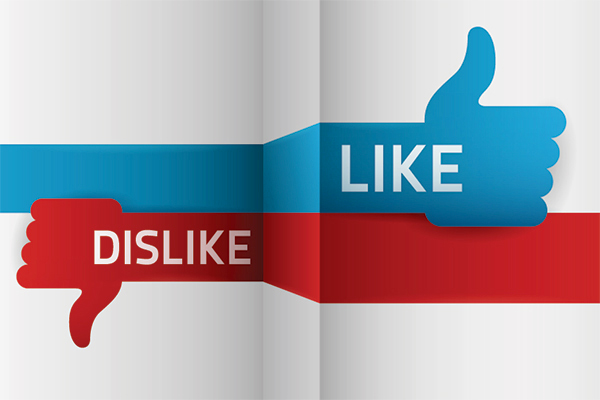I just came across a fantastic feature on facial expressions and the psychology of emotion. The article is based on a large body of data that challenges Ekman's celebrated research into the universality of facial expressions as a means of conveying emotion. One of the reasons this research is so deeply valued is that it represents one of very few social scientific ideas that appear to have universal currency. The claim is that a sad face, an angry face, a happy face and so forth look the same the world over.
But although the idea has been virtually axiomatic for half a decade, it is now being seriously challenged. When you examine the data and methods more closely, it seems the best people can do is sort faces into whether people are feeling good or bad. More fine grained distinctions (e.g. anxious rather than depressed) do not express themselves in a consistent way.
The article raises lots of fascinating issues, but the following captures the jist and I trust it makes you want to read the whole thing:
"Barrett is a professor of psychology at Northeastern, and for years she’s been troubled by Ekman’s ideas. People don’t display and recognize emotions in universal ways, she believes, and emotions themselves don’t have their own places in the brain or their own patterns in the body. Instead, her research has led her to conclude that each of us constructs them in our own individual ways, from a diversity of sources: our internal sensations, our reactions to the environments we live in, our ever-evolving bodies of experience and learning, our cultures.
This may seem like nothing more than a semantic distinction. But it’s not. It’s a paradigm shift that has put Barrett on the front lines of one of the fiercest debates in the study of emotion today, because if Barrett is correct, we’ll need to rethink how we interpret mental illness, how we understand the mind and self, and even what psychology as a whole should become in the 21st century."
Related articles
-
How can we give up bad habits for good?
Ian Burbidge
With the post-Christmas resolutions looming, when we try to address the worst of our seasonal over-indulgences, the question remains: how can we give up bad habits for good?
-
Why fake news doesn't swing elections
Tony Greenham
Fake news doesn’t swing elections, but neither does ‘truth’. We have always filtered new information to fit our existing prejudices. The real danger to our democracy is not an absence of truth, but an absence of trust.
-
Tell me a story? Or give me the figures?
Nathalie Spencer
What is the best way to influence stakeholders and generate change? Different approaches to generating change have different strengths, when should each be used to the best effect?




Join the discussion
Comments
Please login to post a comment or reply
Don't have an account? Click here to register.
Thanks for this post, it prompted me to go and read the full article 'About Face' which is fascinating. The concept of "my emotions aren't actually emotions until I've taught myself to think of them that way" is hugely enlightening and allows us to act as our own emotional barometers and enablers.